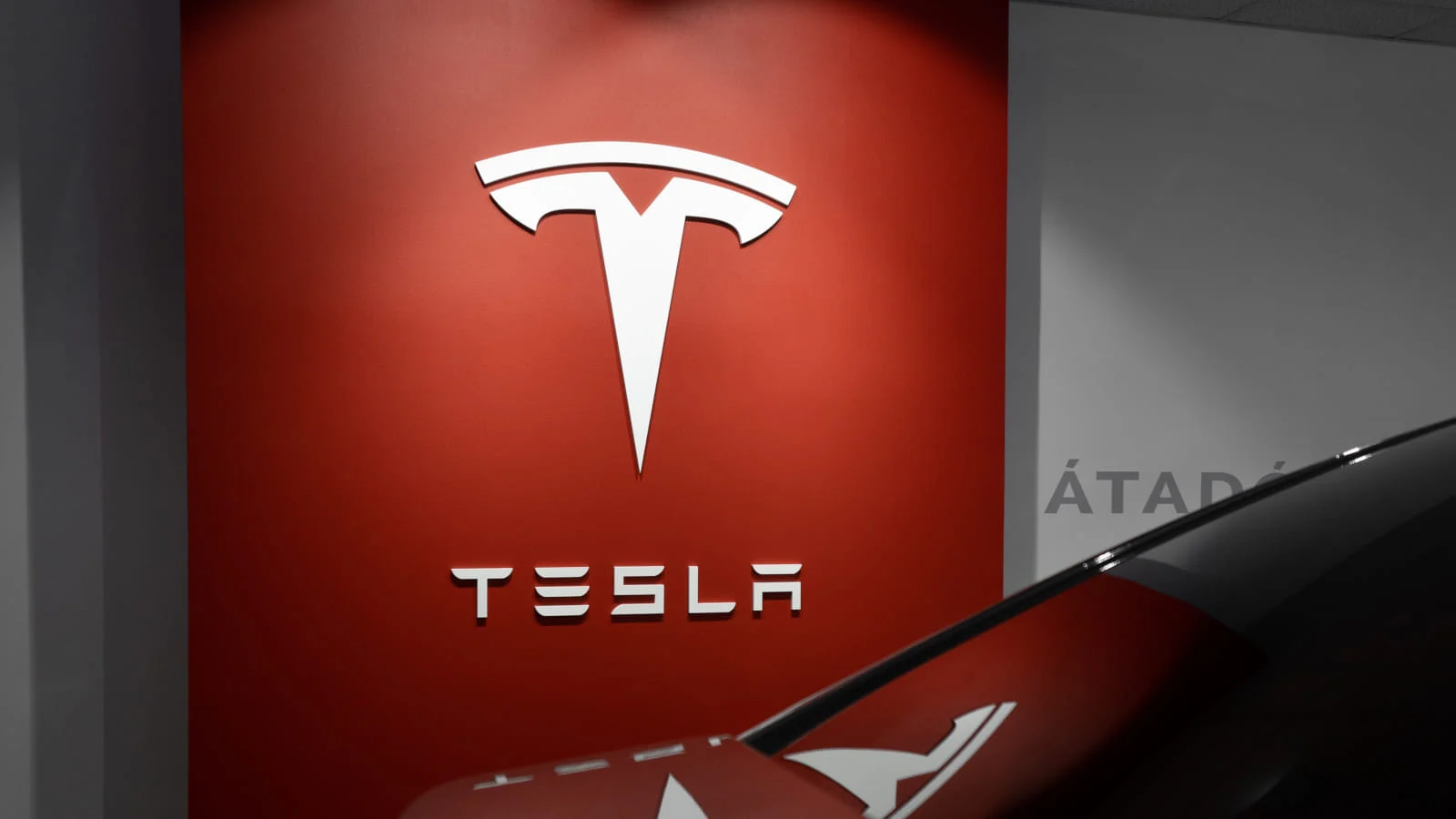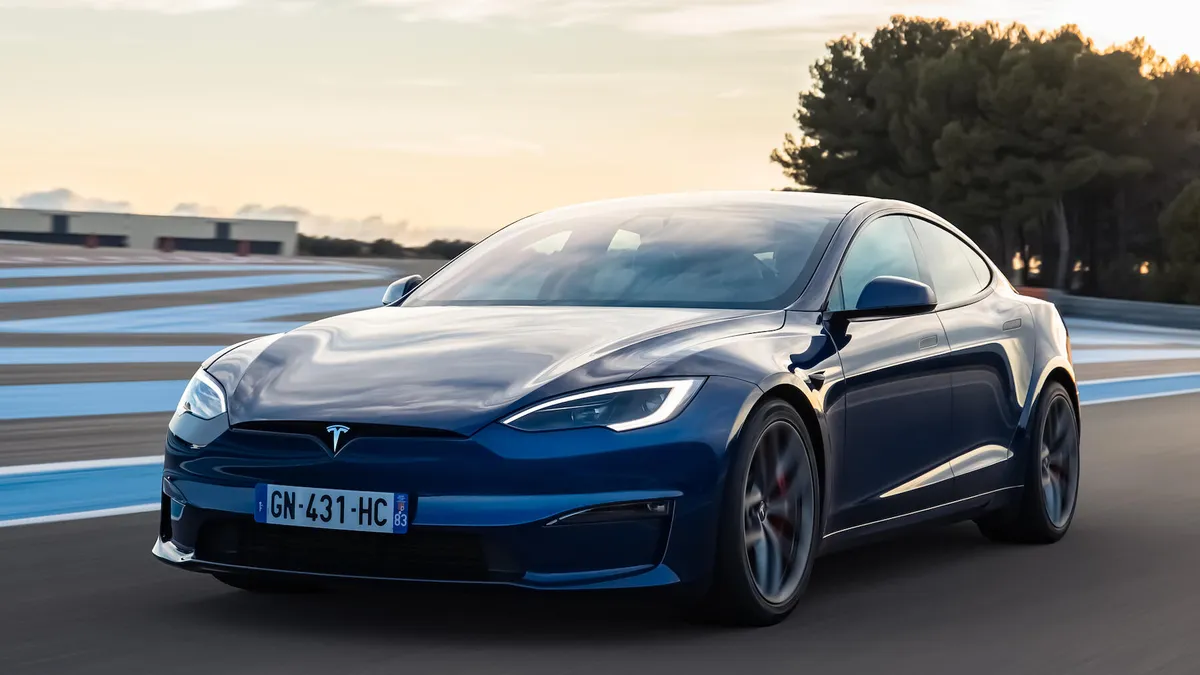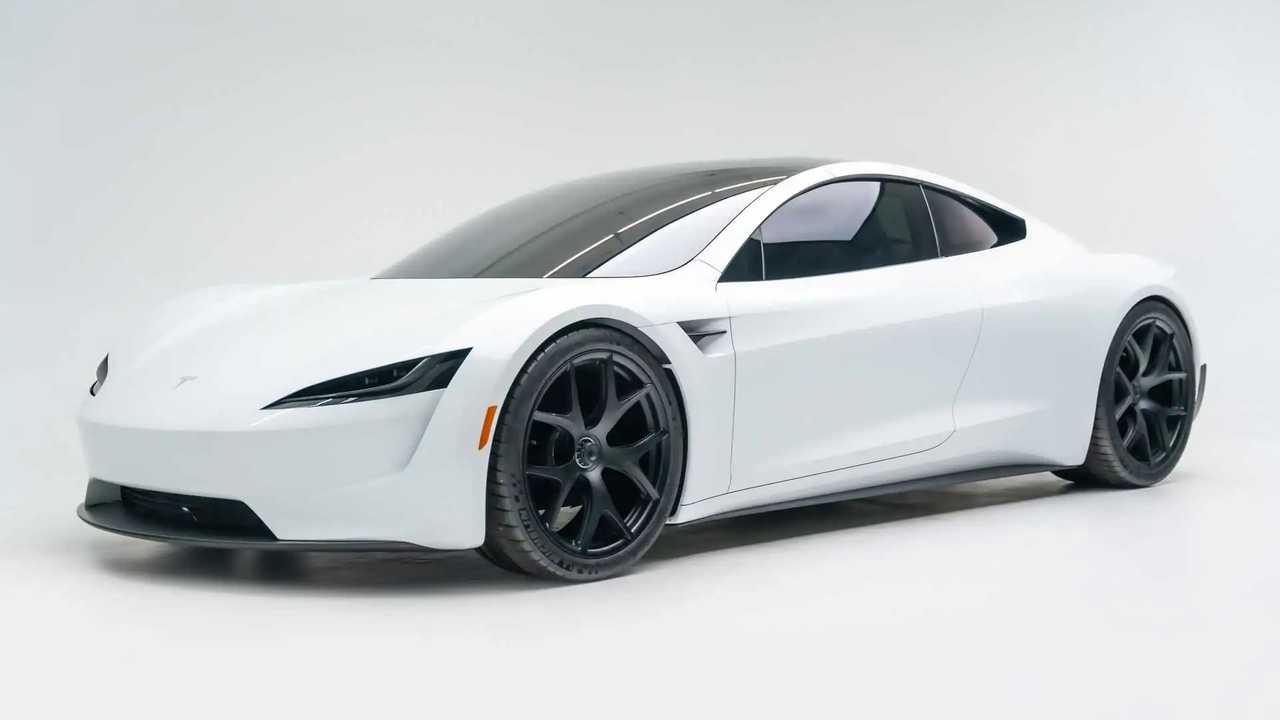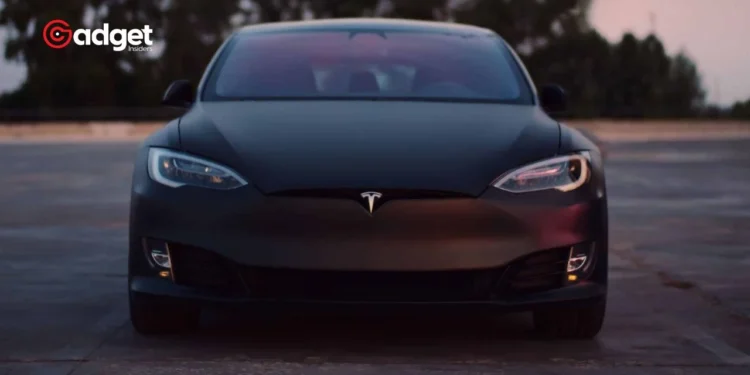Danny Moses, the famed investor from “The Big Short,” continues to hold a bearish stance on Tesla, despite the electric vehicle giant’s efforts to innovate and expand into new technologies like robotaxis and AI-driven autonomy. Moses, who is renowned for his accurate predictions leading up to the 2008 financial crisis, sees cracks in the foundational business of Tesla that he believes are not being adequately addressed.

Tesla’s Struggles and Strategic Shifts
Throughout 2024, Tesla has seen its stock plummet by 32%, yet this decline hasn’t deterred Moses from maintaining his short position. In a recent interview on CNBC’s “Fast Money,” Moses expressed concerns about the internal turmoil within the company, citing significant workforce reductions and ongoing legal investigations as key indicators of deeper issues.
“Everything is kind of falling apart in their core business,” Moses noted, underscoring the severity of the situation. Elon Musk, the CEO of the company, has been pivoting the company’s focus towards futuristic projects like robotaxis, which are expected to be unveiled on August 8.
However, Moses is skeptical about the long-term viability of these initiatives. He argues that the fascination with autonomous vehicles and AI technology might soon wane, leaving investors questioning the company’s core value proposition.

The Financial Perspective and Market Reactions
On the financial front, Tesla closed at a lower value of $168.47 after a 2% drop last Friday, reflecting ongoing market apprehensions about the company’s stability and future growth. Moses, with his historical bet against the company, marked at $50 per share last November, reaffirms his view that the current market cap of $150 billion is overvalued.
“This has become a ‘show me’ story in terms of if it’s an auto company,” Moses mentioned, indicating a growing impatience among investors about the company’s strategic direction and its impact on the company’s traditional automotive business.
Warren Buffett on the financial effects if Tesla, $TSLA, were to achieve full self-driving, per Sawyer Merritt: "If accidents get reduced 50%, it's going to be good for society, & it's going to be bad for insurance companies volume. Good for society is what we're looking for." pic.twitter.com/pWD2f3nor1
— unusual_whales (@unusual_whales) May 12, 2024
Emerging Competitors and Industry Dynamics
In addition to his concerns about Tesla, Moses is optimistic about the potential of new players in the autonomous driving landscape.
Wayve, a company specializing in city-driving automation, has recently secured over $1 billion in funding, with contributions from major tech firms like Nvidia, Microsoft, and SoftBank. Moses, who has invested in Wayve through a venture capital fund, believes that this company could pose a serious challenge to the company’s dominance in the auto industry.

The Watchful Eye of the Market
As Tesla navigates through these turbulent times, the scrutiny from investors like Danny Moses serves as a reminder of the volatile nature of the tech-driven automotive sector.
With new competitors emerging and regulatory challenges mounting, The company’s journey is far from certain. Investors and market watchers will be keenly observing how the company addresses these internal and external challenges in its pursuit of innovation and market leadership.
Danny Moses’ steadfast skepticism underscores a critical perspective in the financial world, where the hype surrounding technological advancements often meets the hard realities of business performance and market expectations.
As the story unfolds, the market will decide whether Tesla can adjust its strategy and stabilize its core business or if it will succumb to the pressures that Moses has highlighted.










